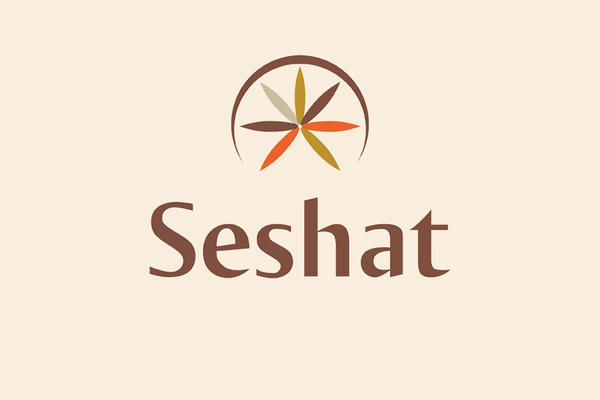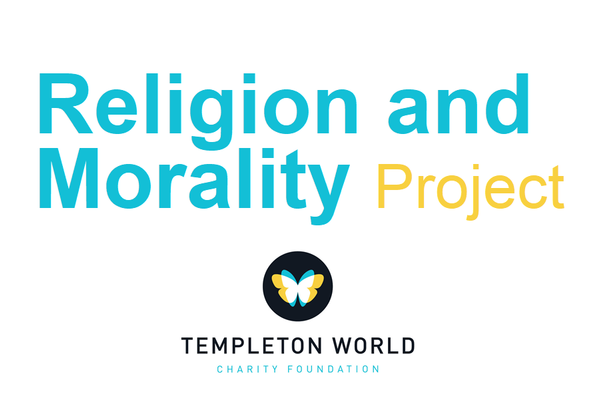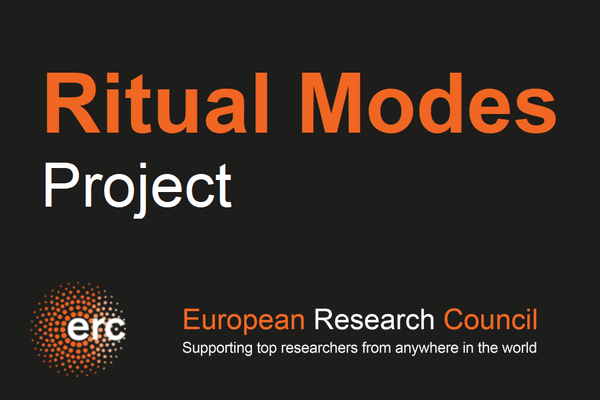Home
move to slideshow movement controls
 Pause slideshow
move to slideshow content
Pause slideshow
move to slideshow content
Is there a language of terrorists?
The evolution of extreme cooperation via shared dysphoric experiences














